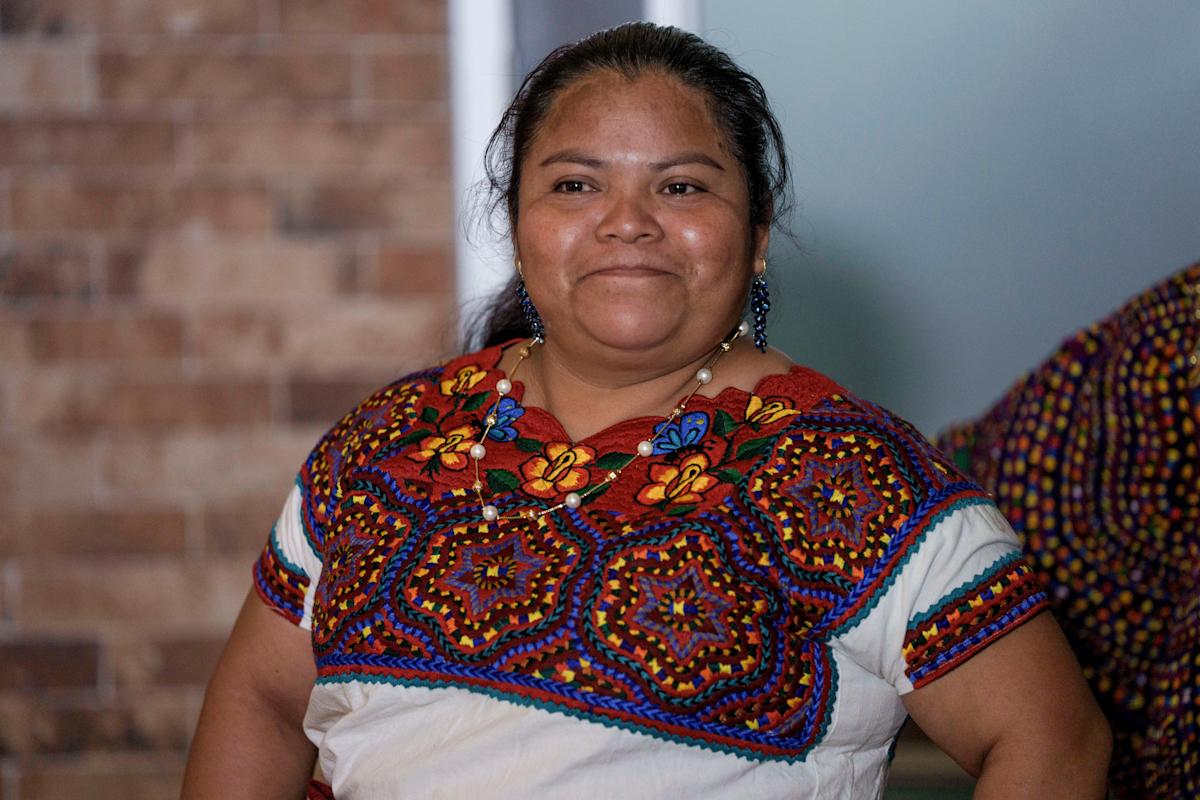GUATEMALA CITY (AP) – An indigenous migrant charged with kidnapping and jailed in a border town in northern Mexico has returned to her homeland of Guatemala as a free woman on Sunday after spending more than seven years in prison without trial .
A Mexican court ordered the immediate release of Juana Alonzo Santizo, 35, on Saturday.
The court ruled there was no consistent evidence against her, said Netzaí Sandoval, Mexico’s head of federal public defense.
Sandoval, whose office was in charge of Alonzo’s defense in 2021, claims she was tortured and forced to sign a confession she did not understand because she did not speak Spanish.
The Maya Chuj woman left her village, San Mateo Ixtatán, in 2014 to migrate to the United States, he said. She was detained by immigration officials in Reynosa, a Mexican border town across from McAllen, Texas, and one of the main smuggling sites in the state of Tamaulipas.
Police then charged her with kidnapping and put her in jail, Sandoval said. He said the charges were only translated into her Chuj language this year.
She was never convicted, never tried and was in ‘pre-trial detention’ all the time.
A plea for her freedom was supported by national and international groups and by Mexican President Andrés Manuel López Obrador, and the Tamaulipas prosecutor’s office dropped charges against her.
“It’s a totally different case,” Sandoval said. All her rights were violated because “she’s a woman, she’s an indigenous person, she’s a migrant, she’s poor and she didn’t speak Spanish.”
An emotional Alonzo was greeted by her family at the Guatemala City airport on Sunday, and she collapsed into the arms of her father and uncle. Her relatives helped her change from jeans to traditional regional clothes.
“It’s easy to go to jail, but it’s hard to get out,” Alonzo said in a hesitant Spanish, which she learned in prison.
“We’re not bricks, we’re not plastic things.” she added.
Pedro Alonzo, an uncle, said she migrated in hopes of helping her family.
“Her crime was that she couldn’t speak Spanish. Who is going to pay for that scar?” he said.
According to statistics from the Mexican federal government, 43% of people held in the country’s prisons have not been convicted or convicted.

